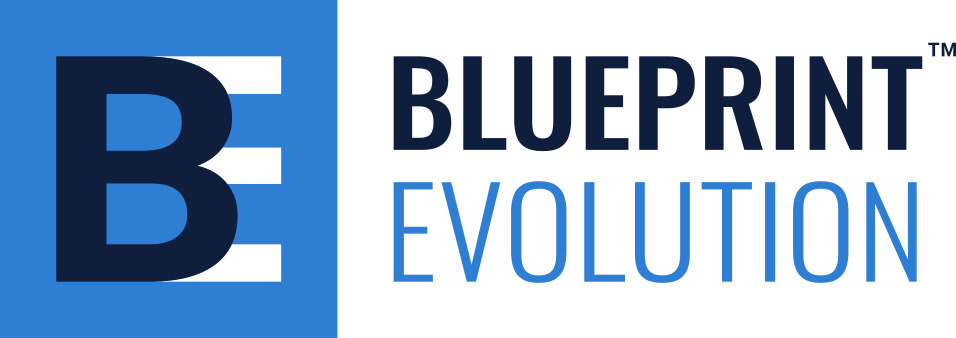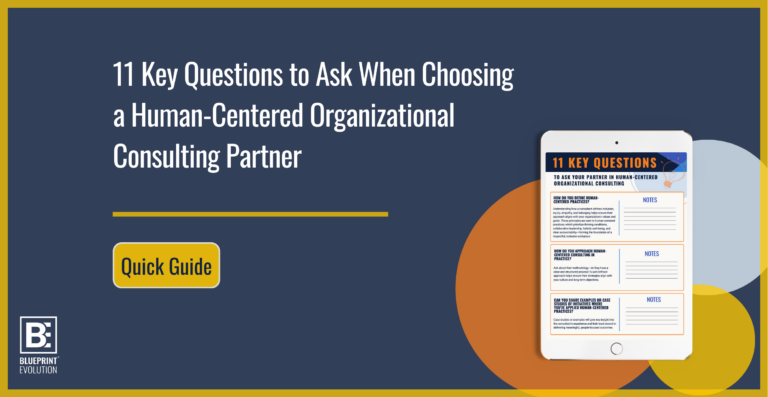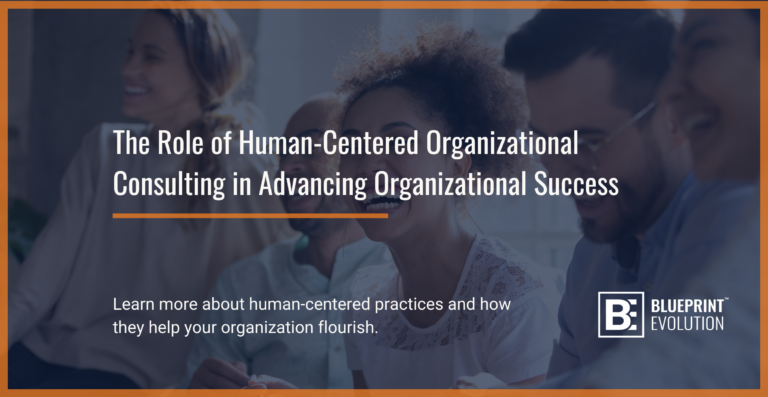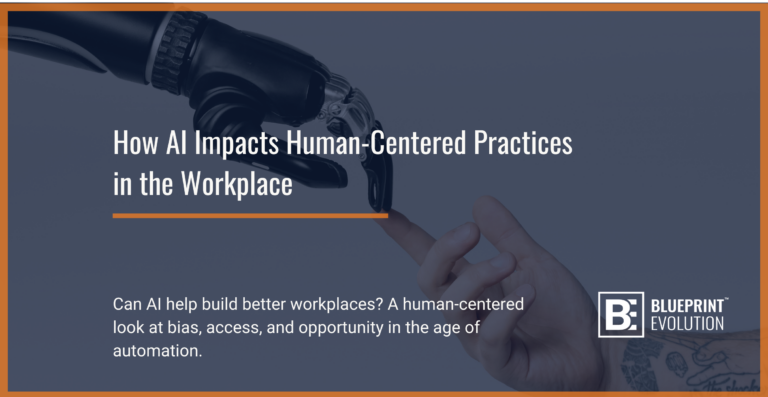Developing Inclusive Leaders
Our leadership development programs are designed to equip managers and executives with the skills and knowledge necessary to lead inclusively. This includes training and coaching on inclusive leadership practices, effective team communication, and minimizing decision-making bias. By nurturing inclusive leaders, organizations foster environments where every employee feels valued, respected, and empowered to thrive.
Why Inclusive Leadership Matters
Leaders who excel at empowering their teams to thrive while navigating diverse perspectives are instrumental in driving innovation and organizational success. Research has shown that companies with people-focused leadership are 33% more likely to outperform their competitors. Additionally, inclusive teams make better business decisions up to 87% of the time.
- Companies with diversified executive teams are 21% more likely to experience above-average profitability.
- Organizations that implement people-focused training see a 35% improvement in overall team performance.
- Inclusive workplaces are 1.7 times more likely to be innovation leaders in their market.

The Blueprint Process
Investing in inclusive leadership development unleashes your organization’s full potential, driving both innovation and success.
- Enhanced Team Performance: Inclusive leaders boost engagement and productivity within their teams.
Improved Innovation: Differing perspectives foster creative solutions and innovative thinking. - Increased Employee Retention: Employees who feel valued and respected are more likely to stay, reducing turnover costs.
- Better Decision-Making: Leaders trained in human-centered principles make equitable, unbiased decisions that benefit the entire organization.
Contact us today to discover how we can help you cultivate inclusive leaders and transform your company culture.
OUR HUMAN-CENTERED CONSULTING SOLUTIONS

Conducting equity and inclusion assessments entails gathering employee data and feedback to evaluate the organization’s current cultural climate and level of inclusion. This process may include analyzing demographic data, conducting employee surveys, holding focus groups, and reviewing policies and practices. By assessing the organization’s cultural landscape, leaders can identify areas of strength as well as gaps or challenges that need to be addressed.
Developing inclusive policies and practices means implementing policies and procedures that promote human-centered policies throughout the organization. This includes policies related to recruitment, hiring, promotion, and compensation that are designed to minimize bias and ensure equitable treatment for all employees. In addition, fostering an inclusive work environment entails implementing practices that accommodate diverse perspectives, such as offering flexible work arrangements and ensuring accessibility for all employees’ needs.
Providing employee training and education on human-centered topics is essential for fostering awareness and understanding among all community members. These programs cover various subjects, including unconscious bias, cultural transformation, inclusion, and respectful and effective communication and conflict resolution. Through continued investment in education, organizations empower employees to identify and address bias, promote inclusive behaviors, and play active roles in cultivating a more welcoming and equitable workplace culture.
Leadership development initiatives concentrate on equipping managers and executives with the skills and knowledge required to lead inclusively. This includes offering training and coaching on subjects like inclusive leadership practices, effective communication across diverse teams, and mitigating bias in decision-making. Leaders who excel at empowering their teams to thrive while navigating diverse perspectives are instrumental in driving innovation and organizational success.
Establishing metrics and accountability mechanisms is crucial for tracking progress and ensuring accountability for human-centered initiatives. This involves setting clear goals and targets and regularly measuring and reporting on key metrics, such as workforce demographics, employee engagement, and representation in leadership roles. By holding leaders and teams accountable for achieving goals, organizations can drive meaningful change and create more equitable and inclusive workplaces.
- Workplace Assessments
-
Conducting equity and inclusion assessments entails gathering employee data and feedback to evaluate the organization’s current cultural climate and level of inclusion. This process may include analyzing demographic data, conducting employee surveys, holding focus groups, and reviewing policies and practices. By assessing the organization’s cultural landscape, leaders can identify areas of strength as well as gaps or challenges that need to be addressed.
- Inclusive Policies & Practices
-
Developing inclusive policies and practices means implementing policies and procedures that promote human-centered policies throughout the organization. This includes policies related to recruitment, hiring, promotion, and compensation that are designed to minimize bias and ensure equitable treatment for all employees. In addition, fostering an inclusive work environment entails implementing practices that accommodate diverse perspectives, such as offering flexible work arrangements and ensuring accessibility for all employees’ needs.
- Employee Training & Education
-
Providing employee training and education on human-centered topics is essential for fostering awareness and understanding among all community members. These programs cover various subjects, including unconscious bias, cultural transformation, inclusion, and respectful and effective communication and conflict resolution. Through continued investment in education, organizations empower employees to identify and address bias, promote inclusive behaviors, and play active roles in cultivating a more welcoming and equitable workplace culture.
- Leadership Development
-
Leadership development initiatives concentrate on equipping managers and executives with the skills and knowledge required to lead inclusively. This includes offering training and coaching on subjects like inclusive leadership practices, effective communication across diverse teams, and mitigating bias in decision-making. Leaders who excel at empowering their teams to thrive while navigating diverse perspectives are instrumental in driving innovation and organizational success.
- Metrics & Accountability
-
Establishing metrics and accountability mechanisms is crucial for tracking progress and ensuring accountability for human-centered initiatives. This involves setting clear goals and targets and regularly measuring and reporting on key metrics, such as workforce demographics, employee engagement, and representation in leadership roles. By holding leaders and teams accountable for achieving goals, organizations can drive meaningful change and create more equitable and inclusive workplaces.
ORGANIZATIONAL MANAGEMENT SOLUTIONS
Recent Blogs
Check out our other content on this topic!











